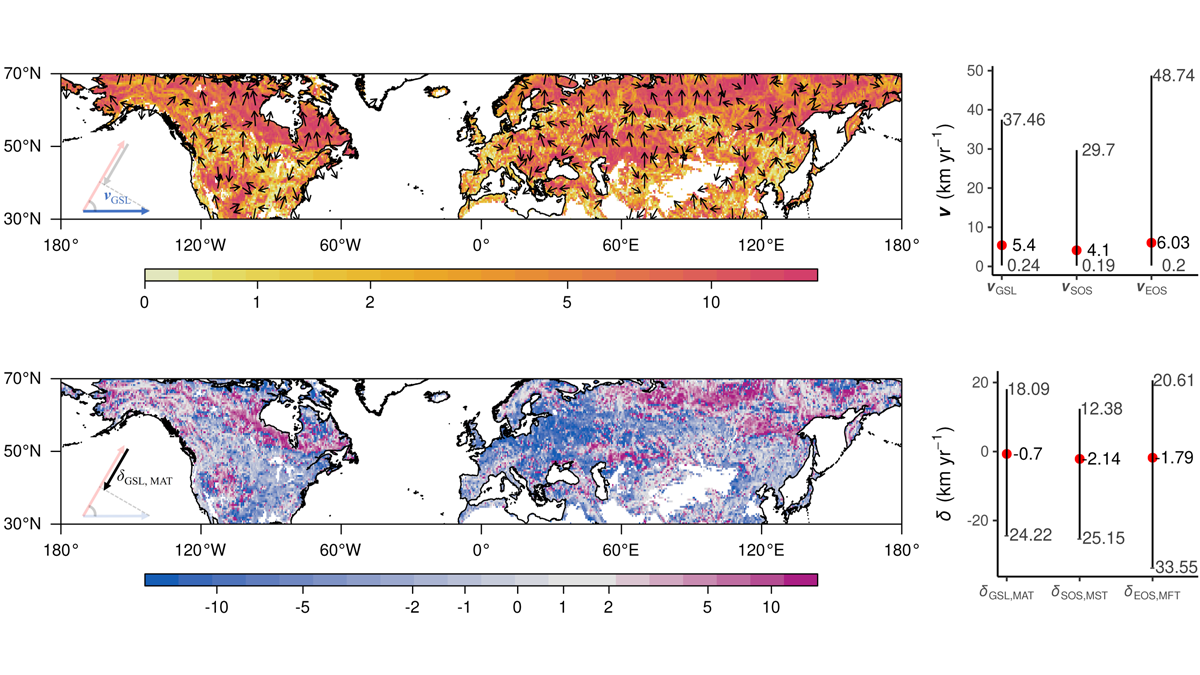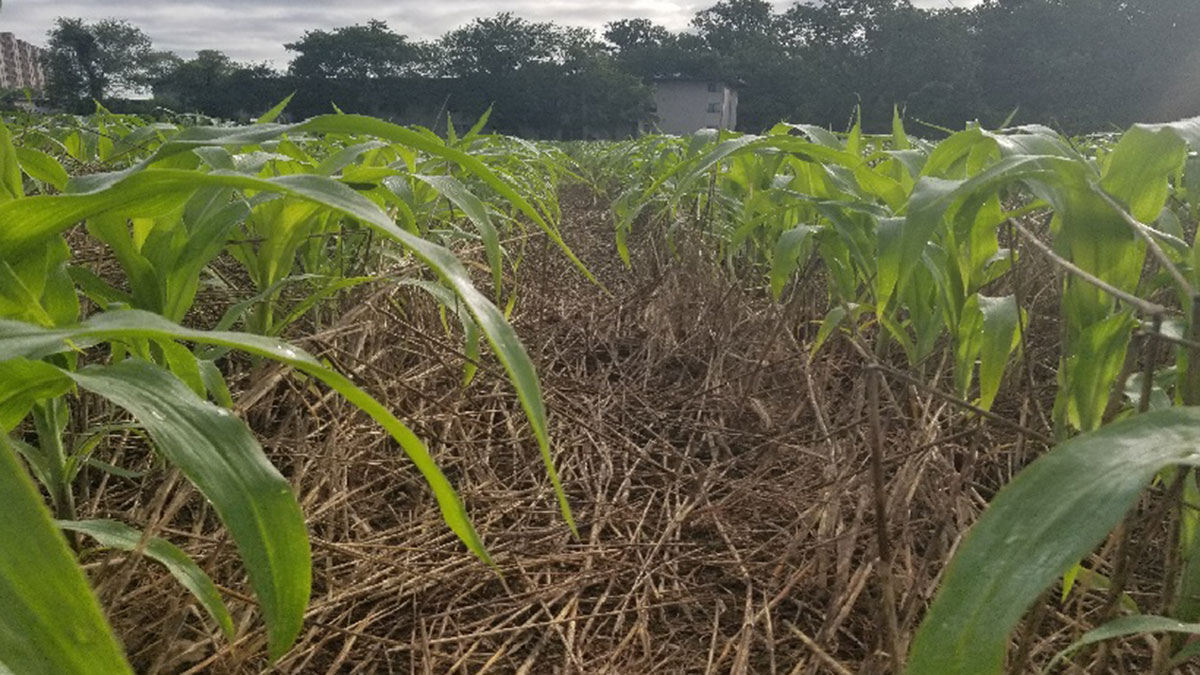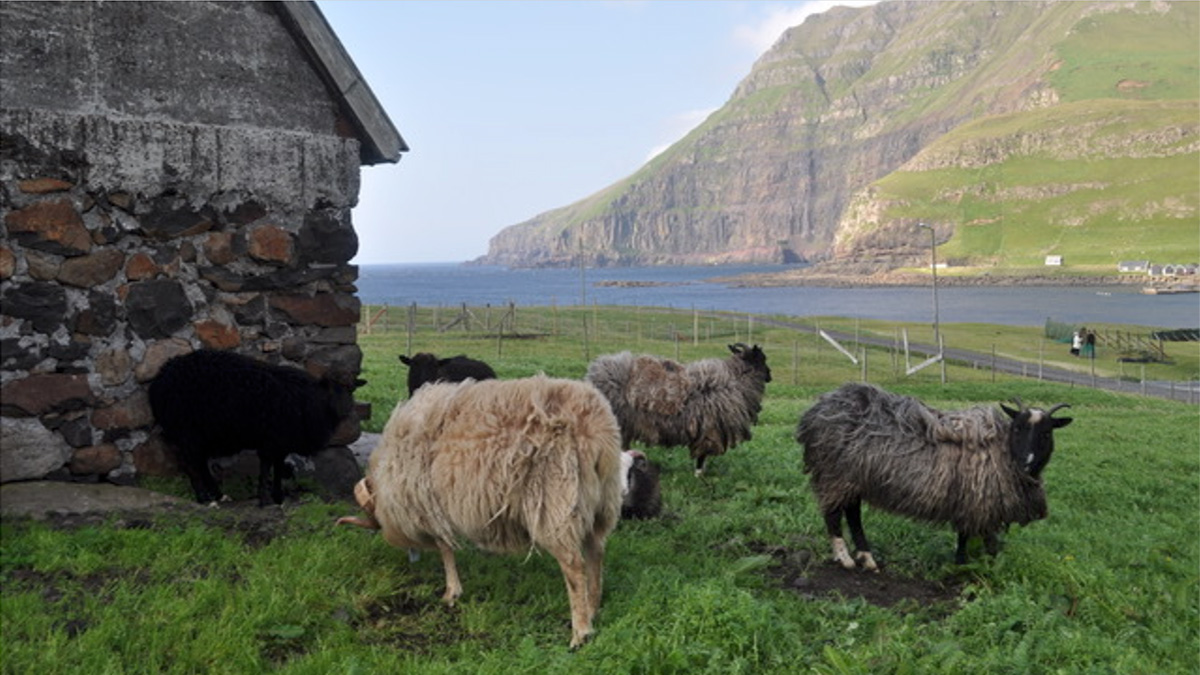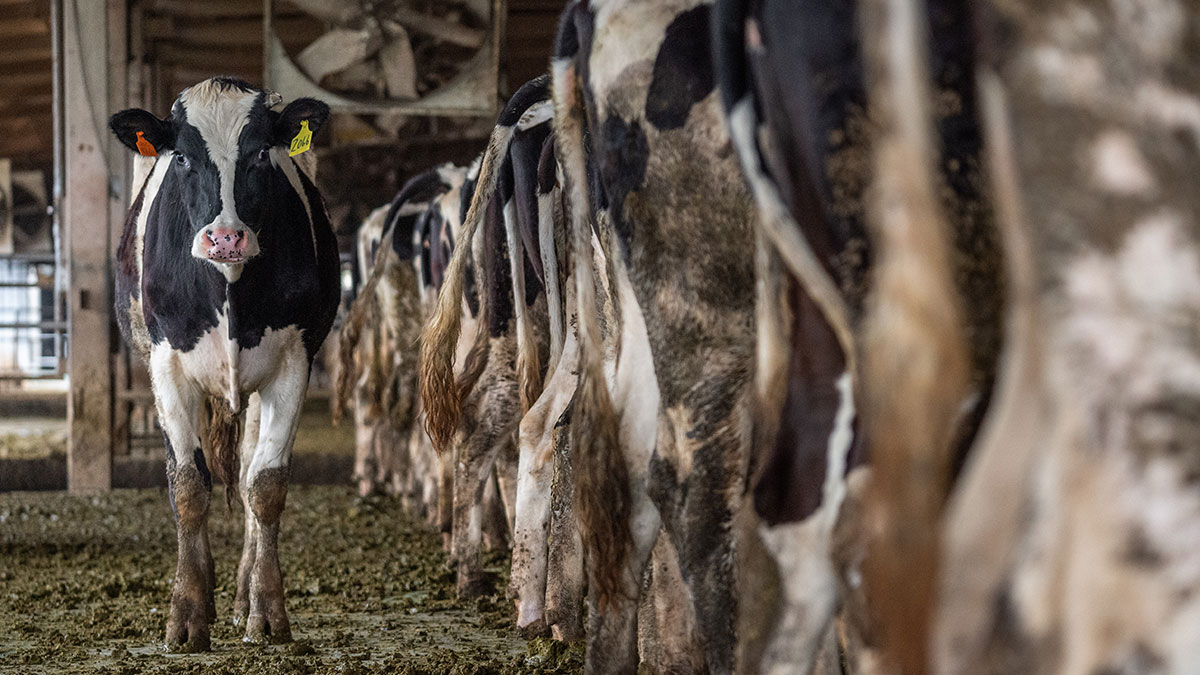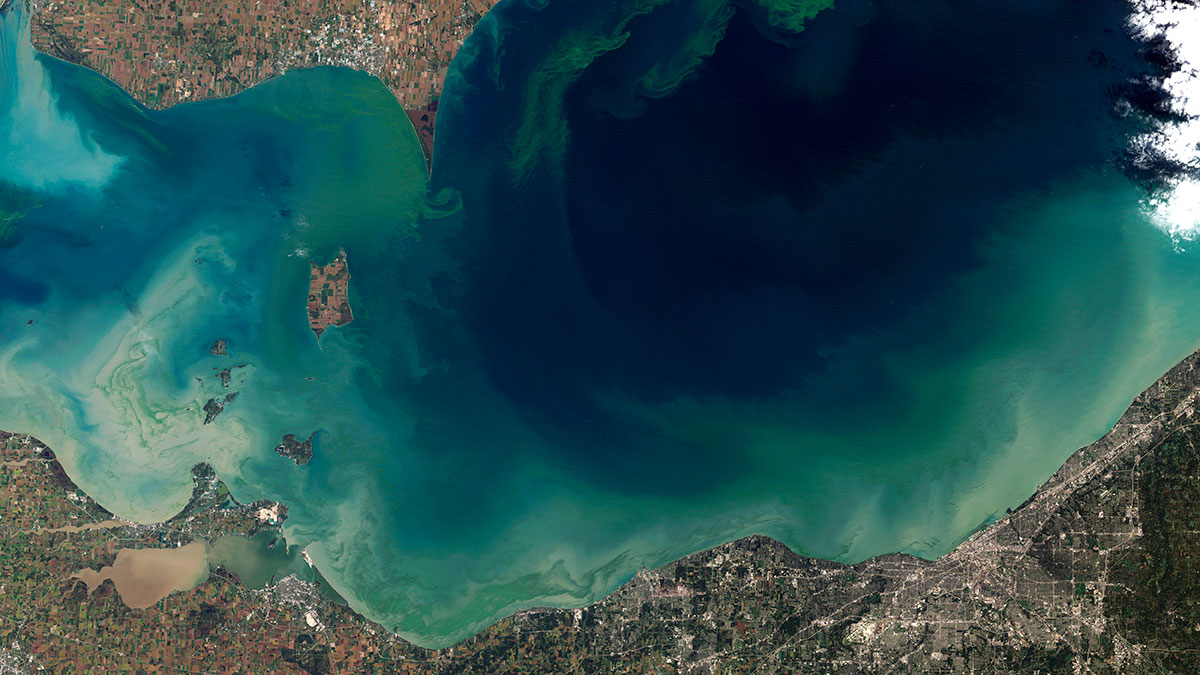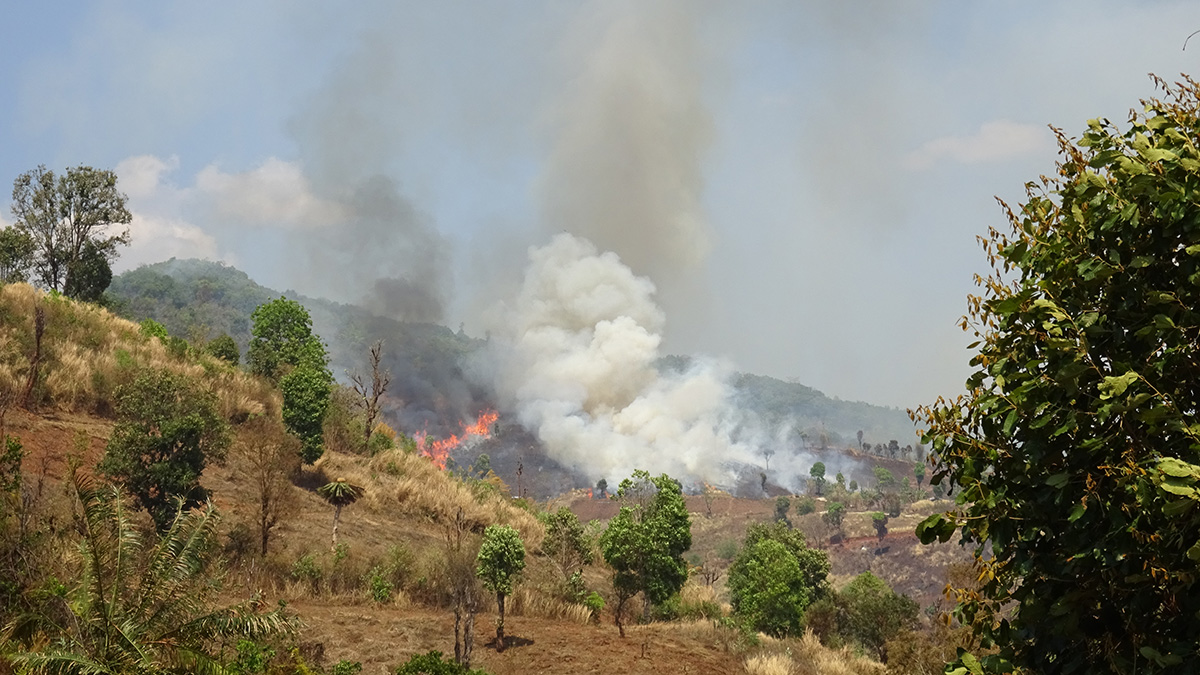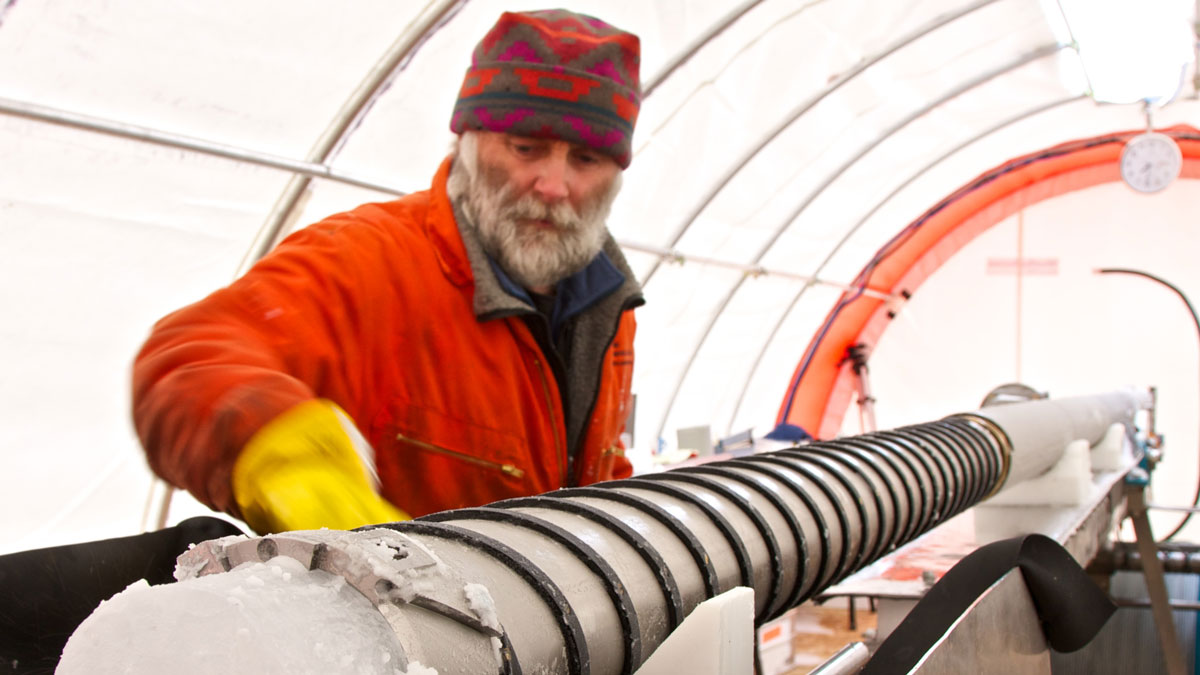Mismatch between the pace of climate change and crop phenology may signal a new challenge for climate change adaptation.
agriculture
Modeling Mulch to Understand Agricultural Soil
A new model helps shed light on residue mulch, an important regulator of surface soil conditions.
Ancient Eruptions Reveal Earliest Settlers on the Faroe Islands
Lake sediment is helping scientists resolve a decades-long historical mystery.
Settlement of Rapa Nui May Have Been Doomed by a Dearth of Dust
Rapa Nui and Hawai‘i offer a tale of two island settlements: Hawai‘i was close enough to Asia for continental dust to help replenish soil nutrients depleted by agriculture. Rapa Nui wasn’t.
Midwest Livestock Operations Linked to Rise in Ammonia Pollution
For the first time, scientists have linked high-density animal operations in the U.S. Midwest to rising air pollution from ammonia, suggesting need for increased regulation from the EPA.
Peruvian Farmers Threatened by Water Stress
Two analyses present the Arequipa region as a microcosm of water supply issues facing small-scale agriculture communities.
Cyanobacteria Blooms Exceed WHO Thresholds in Midwest Lakes
A study of 369 lakes across the Midwest finds that many of them, especially those close to agriculture, have high concentrations of harmful algal bloom-causing cyanobacteria.
The “Internet of Things” Boosts Agricultural Livelihoods in India
New technology is bringing better connectivity to remote areas, helping farmers improve crop yields and allowing fisherfolk to venture more safely out into the sea.
Māori Arrival in New Zealand Revealed in Antarctic Ice Cores
A new study shows smoke from fires set by the first inhabitants of Aotearoa from around 1300 left a mark in the ice 6,000 kilometers away, on an island off the Antarctic Peninsula.

